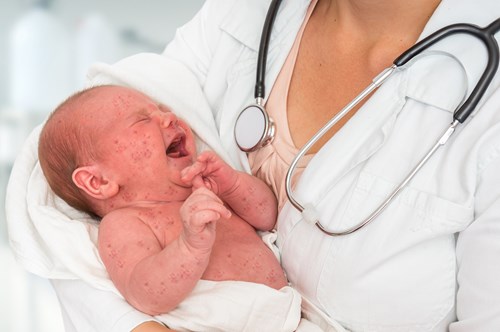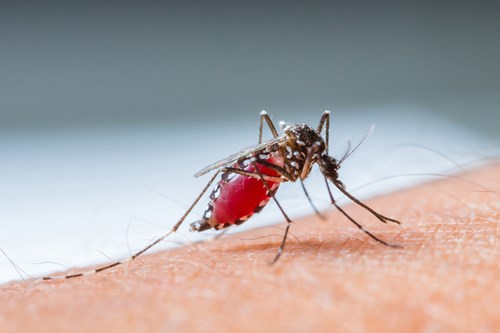
Sign in to access your HIS profile below.
The bad news: Vaccine alert in the UK - two dead after yellow fever jab
Whilst antimicrobials cure infections, vaccines are a vital tool in the prevention of infections. It is, of course, important that their use is appropriate and they are given according to guidelines. In very rare and potentially avoidable situations, the giving of vaccines can be harmful and lead to infections similar to those they were designed to protect against. On April 16, 2019 we saw the Medicines and Healthcare Products Regulatory Agency of the United Kingdom issued a notice saying ‘Due to an increased risk of life-threatening reactions, the yellow fever vaccine must not be given to anyone with a medical history of thymus dysfunction or who is immunosuppressed.’
This follows notification of two fatal adverse reactions to the yellow fever vaccine, which is contraindicated for those over the age of 60, or with immune suppression, due to the risk of developing yellow fever vaccine-associated viscerotropic disease (YEL-AVD). This is a rare adverse event in which the vaccine virus proliferates in multiple organs, causing multiple organ dysfunction syndrome or multiorgan failure and death in at least 60% of cases.
A reminder of the precautions to be taken when administering this vaccine is available from the Agency at: https://www.gov.uk/drug-safety-update/yellow-fever-vaccine-stamaril-and-fatal-adverse-reactions-extreme-caution-needed-in-people-who-may-be-immunosuppressed-and-those-60-years-and-older
The worse news: The UN says measles is now a ‘global health crisis’
In the midst of a growing measles crisis, in which the UN has reported the number of cases worldwide has quadrupled compare to this quarter in 2018, Washington state has voted to remove parents’ ability to claim a personal or philosophical exemption from vaccination programs, while medical and religious exemptions will remain.
To date, 22 US states have reported cases of measles, still far off from the tens of thousands of cases seen in the Ukraine, Madagascar and India, as well as outbreaks in Pakistan, Yemen and Brazil.
The Washington state vote follows on from an example in Italy, where children under 6 have been banned from attending school unless they have received the required vaccinations. Earlier this month in Brooklyn, New York, where several patients are currently in the ICU with complications from the virus, an emergency state has been declared and unvaccinated residents must be immunised within 48 hours of the order or face a fine. With 500,000 children in the UK estimated to have missed their measles vaccination these developments are very concerning.

The good news: Malaria vaccine pilot launched in Malawi
We can mark World Malaria Day with some extremely positive news regarding a new vaccine. The WHO have launched a trial of a newly approved vaccine, Mosquirix, shown to prevent 4 in 10 cases of malaria in clinical trials. Trials will begin across Malawi, Kenya and Ghana. While it does not offer complete protection, with 219 million reported cases in 2017 alone, a 40% rate still offers a huge benefit in areas where malaria is endemic, to be used as a complementary tool alongside current antimalarial drugs and preventative measures such as insecticides and bed nets. The vaccine will require four doses to be effective, which highlights the struggles of effective infection prevention in rural communities of developing countries.

What is the take-home message?
It is clear from these news stories that effective vaccination programmes are key to cohesive IPC strategies. The re-emergence of measles across the globe is a sad reminder of the failures of past, while the development of future new vaccines and delivery methods for malaria and yellow fever offer hope for the prevention of these deadly diseases. These stories remind us of the challenges in global IPC, whether it be the unique difficulties faced in developing countries or the unpredictability of patients in deciding their medical care.